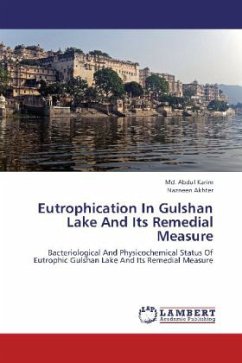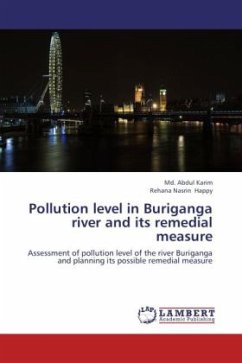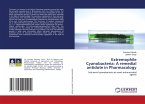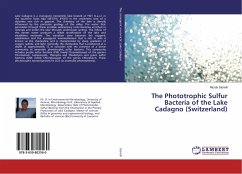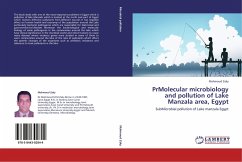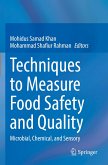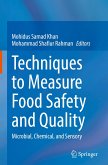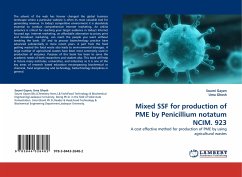Eutrophic lakes exhibit many undesirable traits, including excessive growth of algae and other aquatic plants, which may shift to bloom-forming nuisance algae. Decomposition of algal blooms can lead to foul odors and oxygen depletion, which can intern led to fish kills. In natural ecosystem heterotrophic microorganisms are the major agents to reduce environmental stress, although their activities are also limited by various ecological variables. Our purpose in writing this research book is to bring together concepts and data from different research experiments to provide a foundation, both for understanding the problems we face, and for finding ways to progress toward of an eco-friendly environment. Findings from experiments conducted during different seasons of the year for understanding the bacteriological and physicochemical status of the Gulshan lake and find out the possible ways for its improvement by adding indigenous bacteria have been discussed. Available heterotrophic, enteric and related bacterial isolates of the lake were also been provisionally identified. We hope this book will be an interesting, informative and inspiring resource toward that end.

